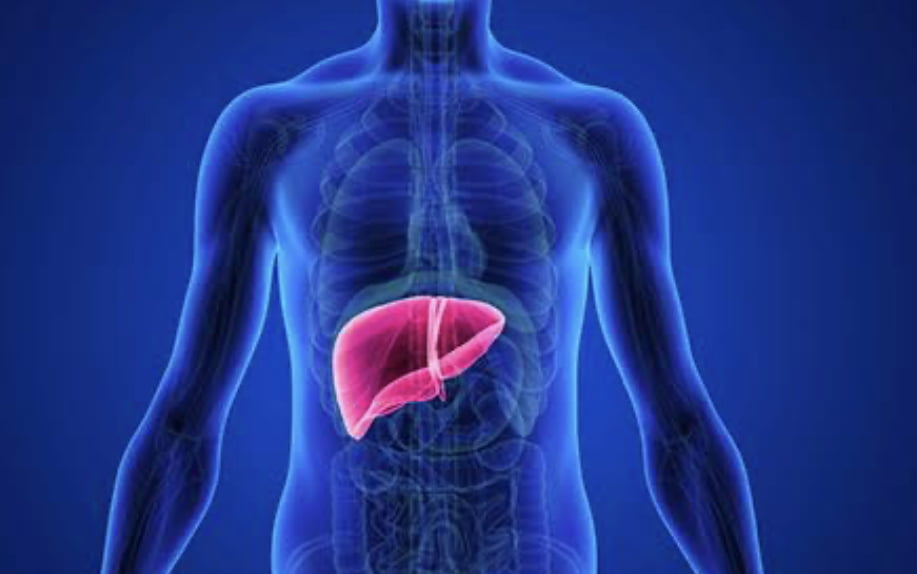
Reading Time: 2 minutes
Liver: Life is not possible without liver. Know the reasons.
The liver is essential for life due to its critical functions that support and sustain various physiological processes within the body.
It plays a central role in maintaining overall health and well-being. Here are some key reasons why the liver is indispensable for life:
- Metabolism: The liver is a metabolic powerhouse that regulates the metabolism of carbohydrates, fats, and proteins. It helps maintain a stable supply of glucose, the primary energy source for the body, by storing excess glucose as glycogen and releasing it when needed. The liver also aids in the breakdown and synthesis of fats and proteins, ensuring a balanced supply of nutrients for various bodily functions.
- Detoxification: One of the liver’s primary functions is detoxifying harmful substances from the bloodstream. It filters blood coming from the digestive tract, removing toxins, drugs, and other waste products. The liver transforms these harmful substances into less toxic or water-soluble compounds that can be easily eliminated from the body through urine or bile.
- Bile Production and Fat Digestion: The liver produces bile, a greenish-yellow fluid necessary for the digestion and absorption of fats in the small intestine. Bile salts in the bile help emulsify fats, breaking them down into smaller droplets to enhance their digestion by enzymes. This process is vital for the absorption of fat-soluble vitamins (A, D, E, K) and dietary fats.
- Nutrient Storage and Release: The liver acts as a storage reservoir for essential nutrients, including vitamins (A, D, E, K, and B12), minerals, and glycogen (the stored form of glucose). When the body needs these nutrients, the liver releases them into the bloodstream to maintain a steady supply.
- Protein Synthesis: The liver is responsible for producing various proteins critical for blood clotting, immune function, and transportation of nutrients and hormones throughout the body. Albumin, a protein produced by the liver, helps maintain osmotic pressure in the blood, ensuring that fluids stay within blood vessels.
- Bilirubin Metabolism: The liver plays a vital role in the breakdown of red blood cells. When red blood cells break down, they produce a waste product called bilirubin. The liver processes and excretes bilirubin through bile, preventing its buildup in the bloodstream, which can cause jaundice.
- Storage of Vitamin A: The liver stores vitamin A in the form of retinol, a critical nutrient for vision, immune function, and healthy skin.
Given these essential functions, any damage or dysfunction of the liver can have severe consequences for the body.
Liver diseases, such as hepatitis, cirrhosis, fatty liver disease, and liver cancer, can impair the liver’s ability to carry out its vital tasks, leading to various health complications and even life-threatening conditions.
In conclusion, the liver’s role in metabolism, detoxification, digestion, nutrient storage, and protein synthesis makes it an indispensable organ for life.
Proper care and maintenance of the liver through a healthy lifestyle, balanced diet, and avoidance of harmful substances are crucial for ensuring its optimal function and, ultimately, our overall well-being and longevity.
